Recently, the Russia-North Korea relationship has officially taken a new step forward, in the context of major changes in international politics and security.
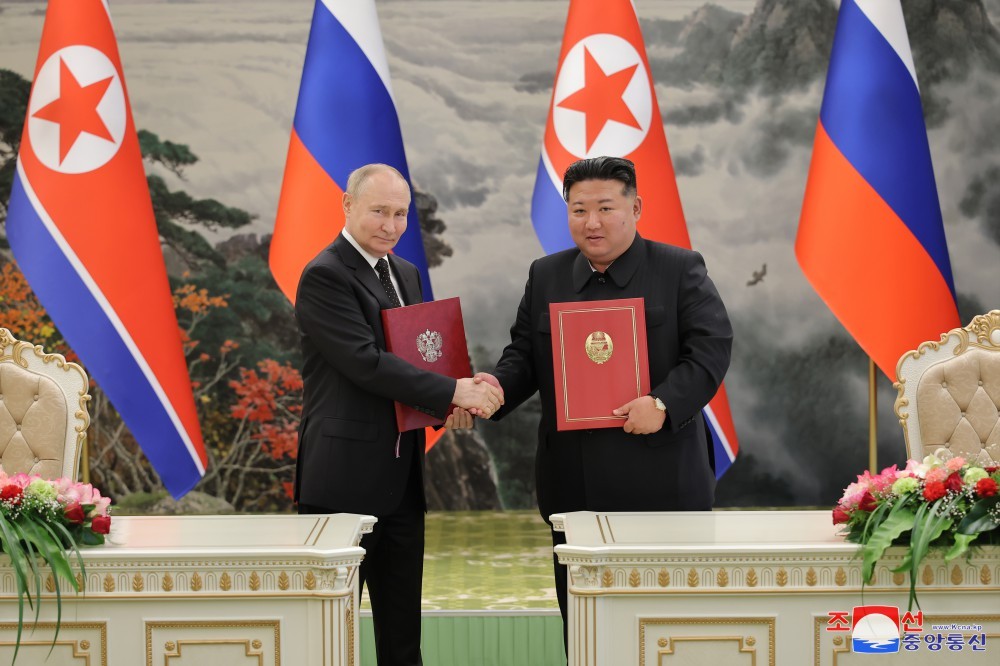 |
| Russian President Vladimir Putin (left) and North Korean President Kim Jong Un signed the Comprehensive Strategic Partnership Agreement between the two countries on June 19 in Pyongyang. (Source: KCNA) |
On November 12, the Korean Central News Agency (KCNA) reported that the country had ratified the North Korea-Russia Comprehensive Strategic Partnership Treaty by presidential decree the day before.
According to KCNA , North Korean President Kim Jong Un and Russian President Vladimir Putin signed the above treaty in Pyongyang on June 19, 2024 and it will take effect from the date the two sides exchange ratification documents.
Previously, on November 6, the Federation Council (Upper House) of Russia passed a law ratifying the above treaty, after the State Duma (Lower House) ratified it on October 24. On the evening of November 9, President Putin officially signed the ratification of the above historic treaty.
According to documents accompanying the new law, the development of the Russia-DPRK comprehensive strategic partnership is in the fundamental interests of the peoples of the two countries and contributes to regional and global peace, security and stability.
In particular, the treaty stipulates that, in the event of a threat of armed aggression against one of the parties, Moscow and Pyongyang will hold consultations to coordinate their positions and agree on possible measures to support each other.
Specifically, “if either party is attacked by an armed attack by a State or States and becomes involved in a state of war, the other party shall immediately provide military and other assistance in accordance with Article 51 of the Charter of the United Nations and in accordance with its national law.”
At the same time, the Russian Federation and the DPRK undertake not to conclude agreements with third countries aimed at the other party, and not to allow third countries to use their territories to violate the sovereignty, security and territorial integrity of the other party.
The agreement includes provisions relating to cooperation in establishing a new, fair multipolar world order and creating mechanisms for joint activities to enhance the parties' defense capabilities.
The two countries agreed to cooperate in the fields of security, economy, trade, investment, science and technology, agriculture, education, health, sports, culture, tourism, environmental protection, and disaster prevention and relief.
In addition, the parties will support the development of inter-regional and cross-border cooperation, strengthen contacts between legislative and executive agencies, and cooperate in the fight against international terrorism and other challenges and threats.
Article 16 of the Treaty provides for the obligations of the Parties to resist the use of unilateral coercive measures the application of which is considered illegal or contrary to the Charter of the United Nations and international law. The Treaty shall enter into force on the date of the exchange of instruments of ratification by both Parties.
The move by Moscow and Pyongyang comes amid growing concerns about North Korea sending troops to Russia to join the conflict.
Previously, at the Duma, Russian Deputy Foreign Minister Andrei Rudenko said that the Treaty was signed in the context of fundamental changes in the geopolitical situation in the region, increased tensions in the Asia-Pacific region, the emergence of military alliances, and the appearance of foreign missile systems in the region that threaten Russia's security.
According to him, the treaty has the task of playing a stabilizing role in Northeast Asia, actively contributing to the balance of power in the region on the basis of indivisible security, reducing the risk of war recurring on the Korean peninsula, including the possible use of nuclear weapons, and laying the foundation for building a new Eurasian security system.
He stressed that the Treaty is not aimed at the security of third parties and is only defensive in nature.
Source: https://baoquocte.vn/trieu-tien-hanh-dong-sau-cai-gat-dau-cua-nga-tinh-than-hai-nuoc-no-ro-293448.html






![[Photo] General Secretary To Lam arrives in Minsk, begins state visit to Belarus](https://vphoto.vietnam.vn/thumb/1200x675/vietnam/resource/IMAGE/2025/5/11/76602f587468437f8b5b7104495f444d)
![[Photo] General Secretary To Lam concludes visit to Russia, departs for Belarus](https://vphoto.vietnam.vn/thumb/1200x675/vietnam/resource/IMAGE/2025/5/11/0acf1081a95e4b1d9886c67fdafd95ed)
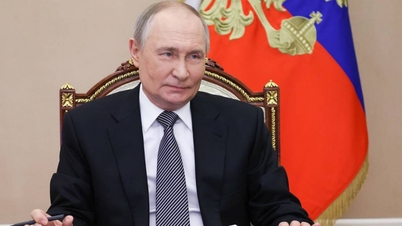

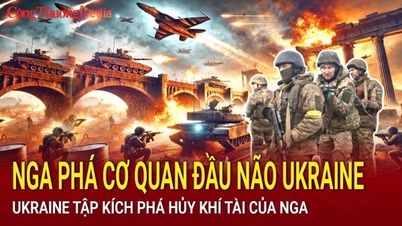

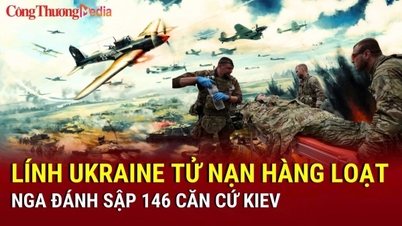


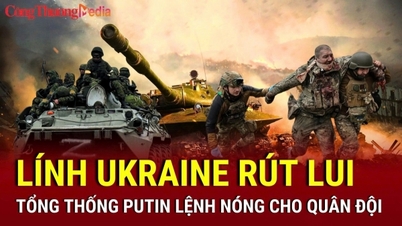



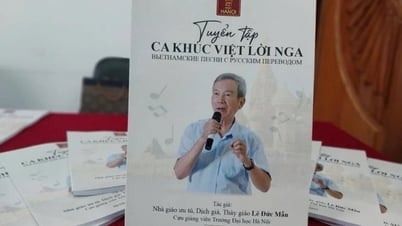
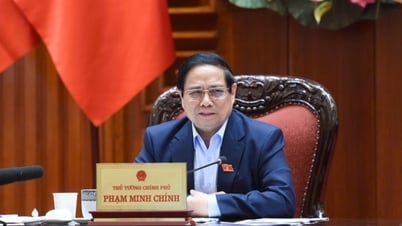
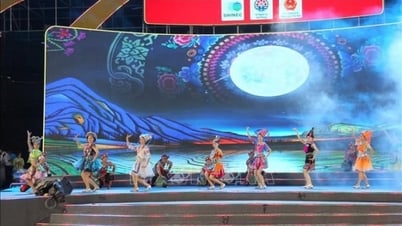
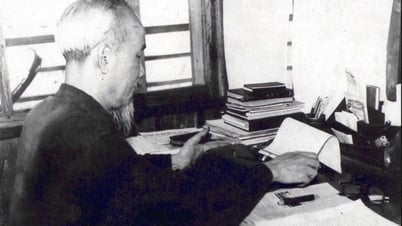




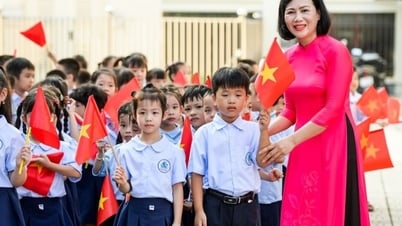
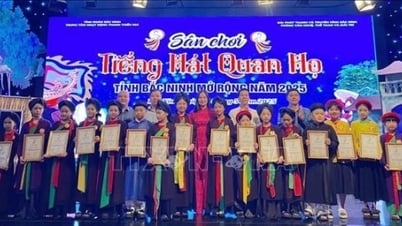

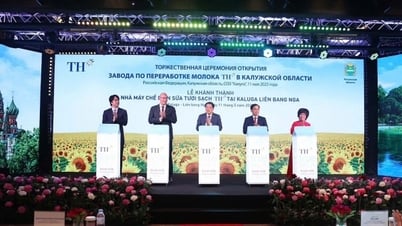

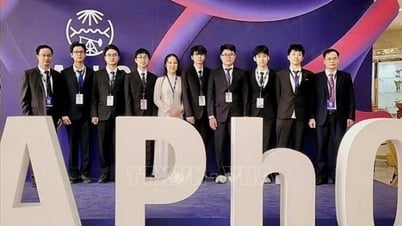
![[Photo] National Assembly Chairman Tran Thanh Man attends the Party Congress of the Committee for Culture and Social Affairs](https://vphoto.vietnam.vn/thumb/1200x675/vietnam/resource/IMAGE/2025/5/11/f5ed02beb9404bca998a08b34ef255a6)


















































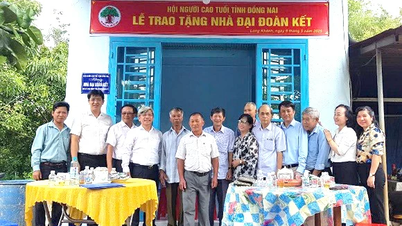












Comment (0)